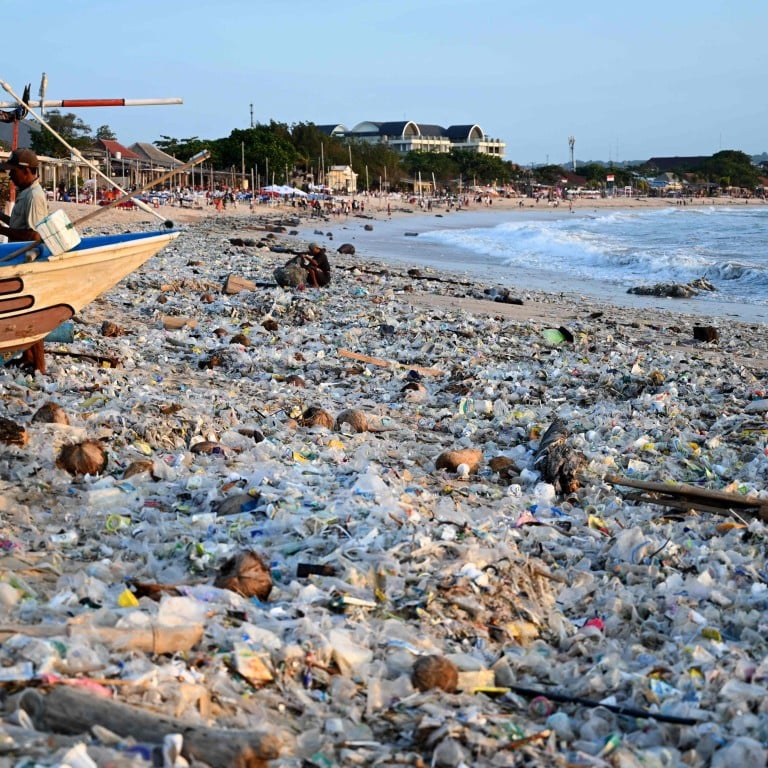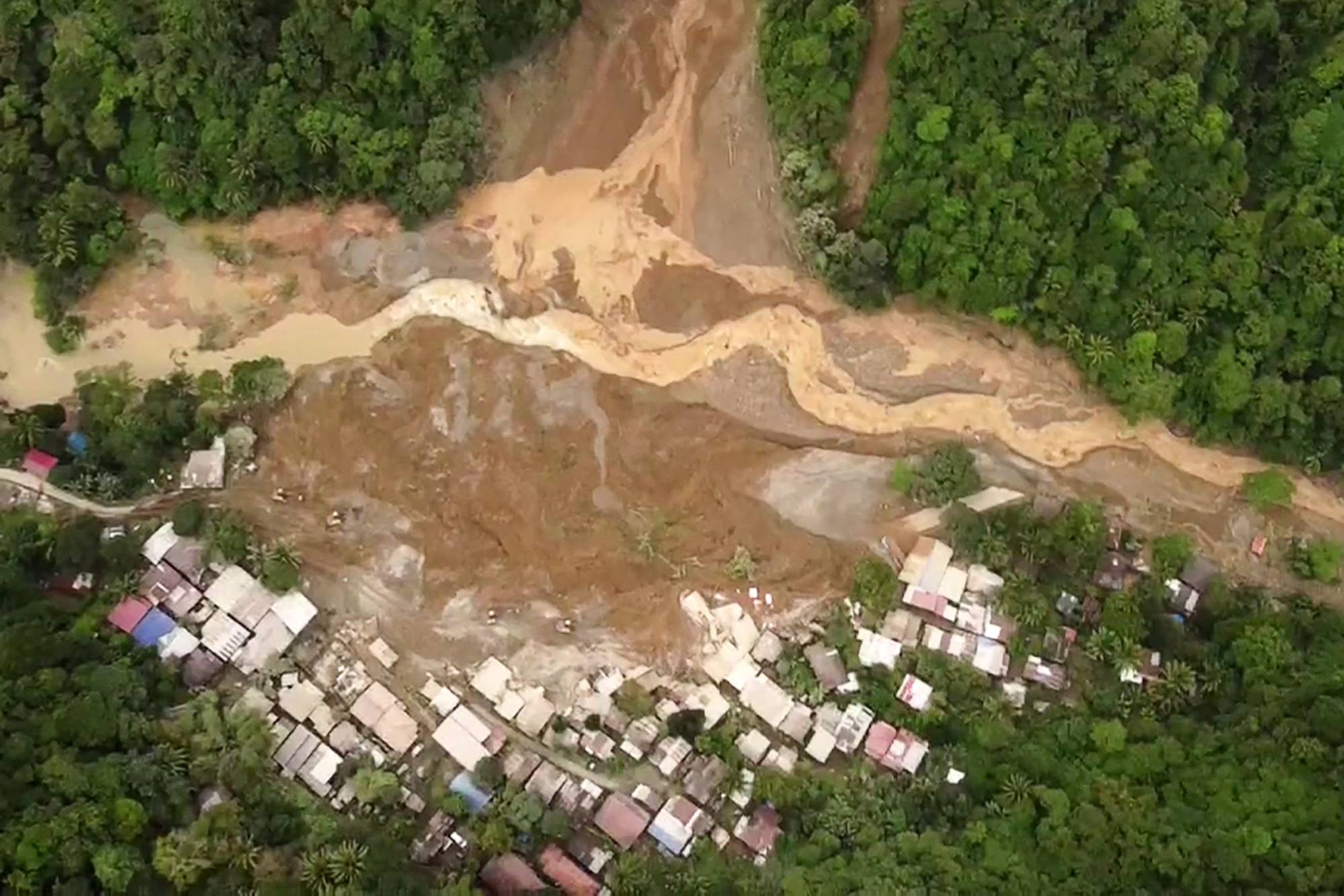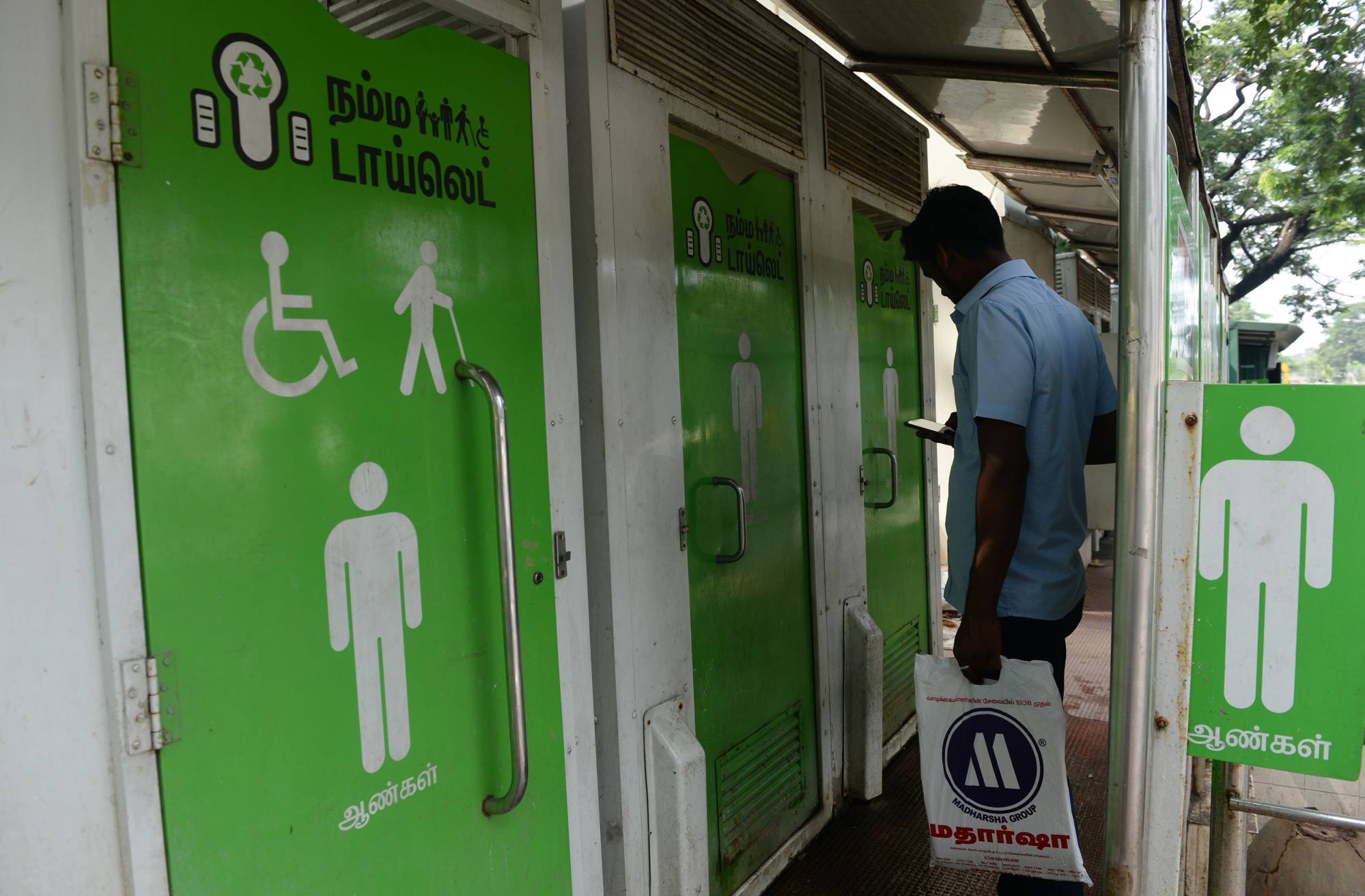
Hong Kong’s One Earth Summit must set sustainability standards, not hide behind superficial talk on green deals
- Shaking up how sustainability finance is leveraged and directed to tackle priority issues requires that governments take the lead
- It shouldn’t be left to the whims of financiers. New policy parameters and standards for taking firm action on sustainability are needed
We can expect the meeting to attract global business leaders and many of Asia’s top sustainability financiers. There’s hope that they will help steer investment into much-needed areas. But they need to avoid drinking the Kool-Aid of “saving the planet” through capital flows, glossing over the real crises we face.
Why? Because otherwise, the conference will turn into just another platform for investors to showcase their green credentials and do deals. They need to avoid pious talk about biodiversity loss and the circular economy while continuing with business-as-usual in their approaches to deal-making. Most importantly, they need to come to these meetings informed and with a desire to openly discuss and tackle the tough and uncomfortable issues.

The Giving to Amplify Earth Action initiative aims to bridge the financing gap of US$3 trillion needed annually for climate and nature solutions. But this continuing and seemingly comforting reliance on philanthropy brings with it cognitive dissonance. The logic of using money made through entirely unsustainable means to restore a broken planet needs to be explained and scrutinised to build trust. The world is watching and it is increasingly hostile to the fake “green” actions of global elites.
After all, why do we need such a colossal amount of finance in the first place? And why does the number seem to get larger every year? Does the money target Asia’s real needs or just suit the business motives of investors and bankers? This myth has to be challenged that yet more money from investors is needed. It runs the risk of misleading the public and policymakers into believing that market solutions are the only way forward, instead of taking clear but dramatic policy actions first.
Fundamentally, we are unwilling to confront the elephant in the room: our global economic model is at war with the planet and is fuelled by predatory and fickle capital, which believes it is entitled to extraordinary returns. This model is premised on promoting relentless consumption, underpricing resources and the externalisation of true costs, resulting in the convergence of existential threats we see today.
Indonesia’s methane emissions from coal are 8 times worse than reported
The answers lie in wielding effective development and economic policies (e.g. low-cost housing, forest protection, proper waste management) and ethical governance (e.g. ending speculation in housing markets) at the national and corporate levels to prevent much of the damage inflicted by our economic model at the source.
Instead, we would rather allow failed neoliberal economic ideas to persist, retaining faith in market-driven investments in tech-fuelled mitigation and adaptation start-ups, many of which do not come close to meeting their intended goals – despite what their valuation-obsessed founders may claim.
The US$3 trillion investment “gap” gets wider each year because governments – by being weak, captive to private interests, or not having the institutional capacity – and corporations are making no real progress in reducing the externalities of their economic approaches and business models. These costs have to be borne somehow, hence the need for investments in cleaning up plastic pollution, reducing greenhouse gases, and making medicines to treat obesity and lung cancer.
Sustainable investment can only treat the symptoms of these issues, not the cause. Of course, it is good in theory. But in practice, it assumes capital markets are the principal forces shaping the world, while conveniently ignoring that the architecture of global finance suffers from a serious flaw: moral hazard. Recurrent global financial crises should serve as a sobering reminder of why markets cannot be solely relied upon to solve the existential threats of our time.

The challenges we face extend well beyond where financial markets can have influence – or are even interested in taking part.
Simply take the billions of people in lower-income nations, the global majority, who are yet to have their basic needs met. After all, where are the returns on investing in water supplies and toilets? It’s easy for elites gathering in Hong Kong and Singapore – both vying for green-finance leadership – to forget that as much as 80 per cent of all waste water is not properly treated. On a planet of 8 billion, that’s a mind-boggling amount of untreated waste, yet no solutions from the world of green finance are to be found.
The inconvenient truth is that the neoliberal economic ideas which frame the workings of the global economy have normalised profit maximisation without purpose, for businesses and investors alike. This is a big improvement on the colonial model of plundering nations for resources and profiteering at any cost, but in the context of the crowded and resource-constrained planet we live on today, our approach is in need of a complete rethink.
A starting point would be institutionalising the concept that economic actors – including investors – are not entitled to profits and do not set the bar for what is a fair return. This might sound absurd, but no person or entity is entitled to a profit. Rather, profits should be commensurate with what the social contract allows, as a social dividend paid to the investor or entrepreneur under strict controls. It’s only through such an understanding of the role of capital that the state can direct private capital to serve the public good – via regulatory oversight – and thus meet sustainability objectives.

The state guiding private capital in such a way will be critical going forward. In all other economic activities, a business is not entitled to make money if it damages people or the environment in a way the state finds unacceptable.
Seems obvious, right? Yet the world remains dependent on business models that underprice resources, externalise true costs, underpay workers, encourage unhealthy consumption, and turn a blind eye to the impacts of their revenue streams. It’s surprising how little the environmental, social and corporate governance-reporting industry has done to move the dial on this basic reality.
Not only do we make profit with little purpose, but we appear to have created an entire global economy that is predominantly without purpose. If it had one, these 20th-century business norms simply would no longer be tolerated in the 21st century. Green-economy forums should focus on these hard questions, especially if held in Asia, which is on the front lines in the war against the existential threats we face.
All economies should have purpose, and one that extends beyond simply generating wealth for the sake of a simplistic definition of growth. There is a real need to move beyond the archaic belief that more wealth creation – measured using gross domestic product – has trickle-down effects and that a rising tide will lift all boats. This has proven to be a lie as disparities around the world grow wider despite the economic pie growing larger.
UN warns ‘planet on the brink’ after warmest decade on record
Rather, the purpose of an economy is to provide essential goods and services and drive progress and prosperity, ensuring that the majority can escape drudgery and indignity, without compromising people and the planet.
Re-instating this purpose will help guide our investments, technological developments, and eventually, our business models – enabling us to give meaning to well-worn statements on “going green”.
We require new definitions of growth, prosperity, rights, and freedoms, all of which will be a departure from convention, insofar as they must respect societal and environmental and resource limits.
Chandran Nair is the founder of the Global Institute for Tomorrow and a member of the Expert Network of the World Economic Forum and Executive Committee of the Club Rome. He is also the author of Consumptionomics and The Sustainable State: The Future of Government, Economy and Society.

